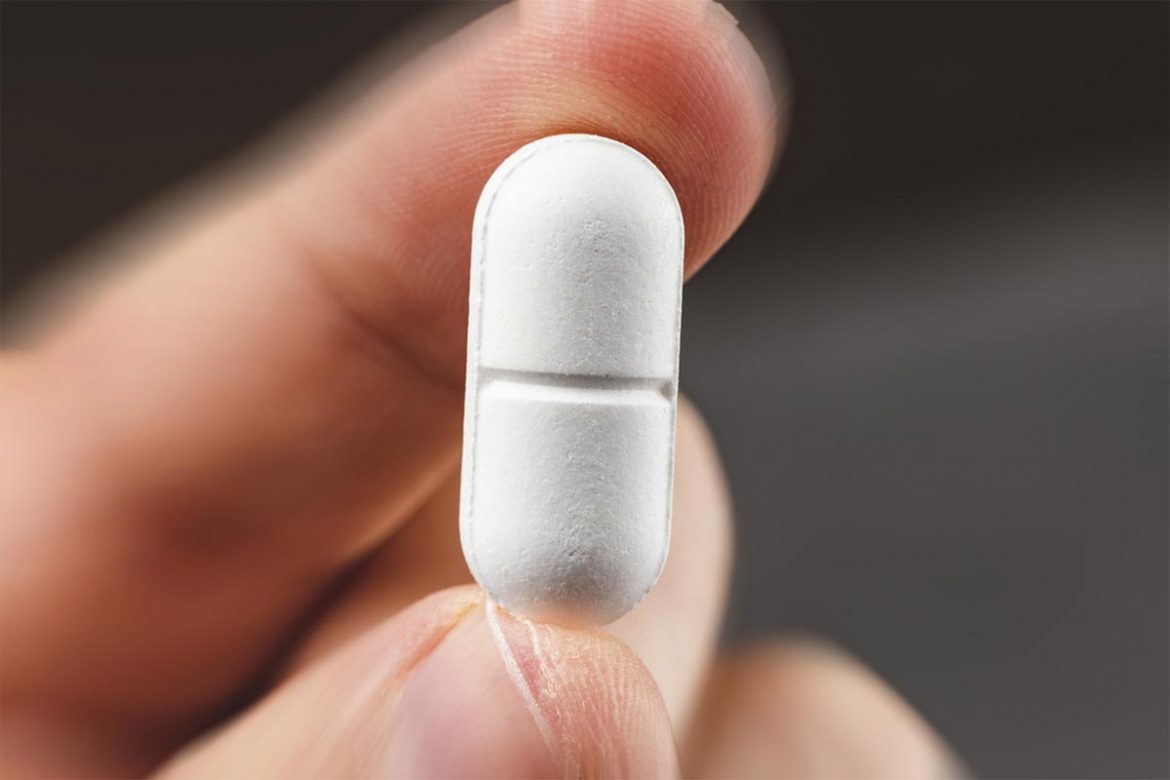Source: En Segundos
They indicate that arrhythmia reports with long-term use, this is an extremely rare situation.
Through a statement, the Panamanian Society of Cardiology and the Panamanian Society of Rheumatology, expressed about the use of hydroxychloroquine as a treatment for patients with COVID-19.
They note that, although the possibility of arrhythmias with long-term use has been described, this is an extremely rare situation. In medical practice, this is not a real problem, since the benefits of this drug far outweigh this rare possibility.
“We are very concerned about the confusion that has been generated in social networks and the media, in relation to the supposed increased risk of serious cardiac arrhythmias associated with the use of this drug,” they express.
They indicate that this confusion arises from the report of negative results with its use in hospitalized and critically ill patients due to COVID-19. This situation is not applicable to its use in stable patients, for the treatment of autoimmune diseases.
They clarify that in the case of patients with rheumatological disease, who receive hydroxychloroquine as a treatment for it, there is no evidence of an increased risk of complications in the case of COVID – 19 disease, so there is no reason to interrupt treatment with this drug.
Its benefit in patients with COVID-19 is controversial, with some studies in hospitalized and seriously ill patients that have not shown a conclusive benefit, up to some retrospective studies that suggest benefits with its early use, reducing the risk of complications and death in these patients. These studies have been in different stages and phases of the disease, therefore, until more robust evidence emerges, their use in this context should be after a broad discussion between the treating physician and his patient.
Health experts stress that hydroxychloroquine was synthesized in 1946 and has had clinical experience since 1947.
On April 18, 1955, the Food and Drug Administration (FDA) approved the pharmaceutical use of hydroxychloroquine. Since then, it has been used widely in the world, for the treatment of autoimmune diseases and malaria.
Related:
Brazil: Mayor used hydroxychloroquine and highlights 83.88% cured with covid kit
The big scam against hydroxychloroquine
Peru will continue to use hydroxychloroquine to treat Covid-19 patients
Porto Seguro receives 40,000 boxes of hydroxychloroquine donated by Bolsonaro

